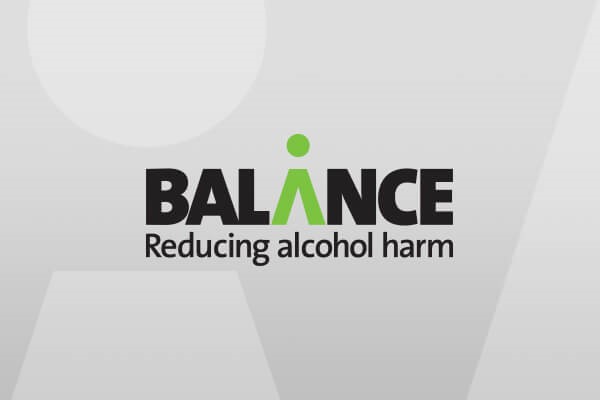Drunken hospital admissions double in the region
The number of people being admitted into North East hospitals for drinking alcohol to excess has more than doubled in less than a decade, with the highest increase seen amongst 60-64 year olds, which has risen by 258% since 2002/03.
The latest figures, from Balance, the North East Alcohol Office show that people living in the North East were responsible for 8,214 hospital admissions for acute intoxication and harmful use of alcohol last year, compared to just 3,266 in 2002/03 – an increase of 152%. The national increase in this period was 88%.
There were increases within every age bracket apart from 10-14 year olds, which decreased by 47%, however there were still 78 admissions last year in this age group.
The figures looked at admissions onto hospital wards for acute intoxication and harmful use of alcohol. The figures do not include A&E attendance and longer term illness related to alcohol dependence or alcohol withdrawal.
The research also showed that in the North East:
- Admissions for 20-29 year olds increased by 166%, with 1,260 admissions last year
- The second highest increase was seen in the 55-59 year old age range – up 234%
- Admissions for 10-19 year olds have risen by 23% with 542 admissions last year
- The highest number of admissions remains in the 40-44 age range.
Across England the highest percentage increase was seen in the 65-69 year old age range – up 150% since 2002/03.
Consultant physician Dr Richard Thomas from North Tees and Hartlepool NHS Foundation Trust said: “We understand that people want to enjoy the festive season but sadly we see people who are living with long term damage as a result of drinking too much. We’re seeing more and more people with chronic liver disease, cancer and many other illnesses associated with drinking and we’re also seeing the damaging effect it has on other family members and children who may be the victims of alcohol-fuelled behaviour.”
Colin Shevills, Director of Balance, the North East Alcohol Office, said: “These figures are extremely worrying and demonstrate how alcohol misuse continues to effect people of all ages across the North East
“A proportion of people in our region are drinking too much and this is driven by alcohol which is too affordable, too available and too heavily promoted. Alcohol it is clearly having a huge impact on our health and it also impacts on society, costing the NHS in the North East £264.49m each year.
In particular cheap alcohol is having a devastating impact on the North East – it’s ending lives, putting people in hospital, fuelling crime and threatening the future of our children and young people. This is the real cost of alcohol sold at pocket money prices.
“We know that the more affordable alcohol is, the more people consume. A minimum unit price of at least 50p will make cheap, strong alcohol less affordable to the vulnerable younger and heavier drinkers who are more likely to drink it and suffer the consequences. It will have no effect on the price of a pint in a community pub.
Research carried out by the University of Sheffield indicates that after ten years, every year in England a minimum 50p per unit will:
- save 3,393 lives
- reduce hospital admissions by 97,900
- cut crimes by 45,800
- cut unemployment by 27,100
- save 296,900 working days lost through absenteeism
- reduce the amount younger and heavier drinkers consume.
It estimates that moderate drinkers could be expected to pay just 28p a week extra on their weekly alcohol bill for these benefits, if a minimum 50p per unit were introduced.
Moderate drinkers stay within the recommended daily limits of no more than 2-3 units, or a standard glass of wine, for a woman and 3-4 units, or a pint and a half of regular strength beer, for a man. Drinking at or above these limits on a daily, or almost daily basis, increases the risk of a range of health conditions including cancer and stroke.
Colin added: “For a few extra pennies a week, we can help reduce the number of people being admitted to the region’s hospitals due to alcohol, as well as cut crime and protect our children."
